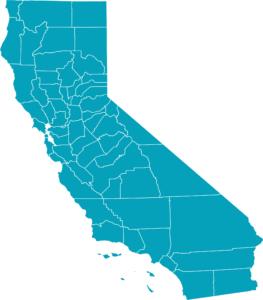Still Exploring?
Looks like you’ve been exploring our platform.
Want to see everything in one place?


The California Transparency in Supply Chains Act requires certain companies to publicly disclose their efforts to eradicate human trafficking and modern slavery in their operations. This law came into effect in January 2012 due to increasing pressure from consumers wanting to purchase ethically-manufactured and sourced products. The law helps consumers make informed decisions by facilitating access to corporate responsible sourcing programs, initiatives and activities.
Learn more about the California Transparency in Supply Chains Act.


In order to comply with the Act, companies must create a public disclosure detailing their efforts to ensure their products are produced ethically. In this sense, ethically-produced goods means the product manufactured and sold by the company has not been produced by workers who are forced, coerced, blackmailed or trafficked into their jobs. If no ethical sourcing efforts have been taken, companies are still required to create a disclosure in order to comply with the Act.


Companies that do business in California and identify as manufacturers or retailers on their California state tax returns are in scope of the Act. If a company has worldwide gross receipts of over $100 million each year, they are also in scope of the California Transparency in Supply Chains Act. Failure to provide an accurate and easily-accessible disclosure can result in injunctive relief from the California Attorney General or negative feedback from consumers.